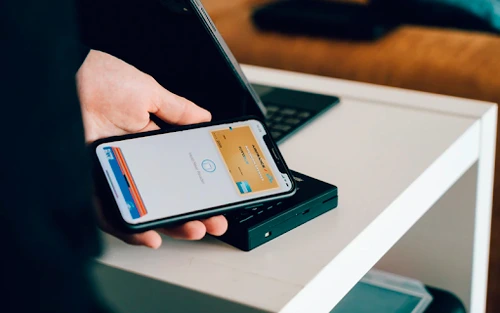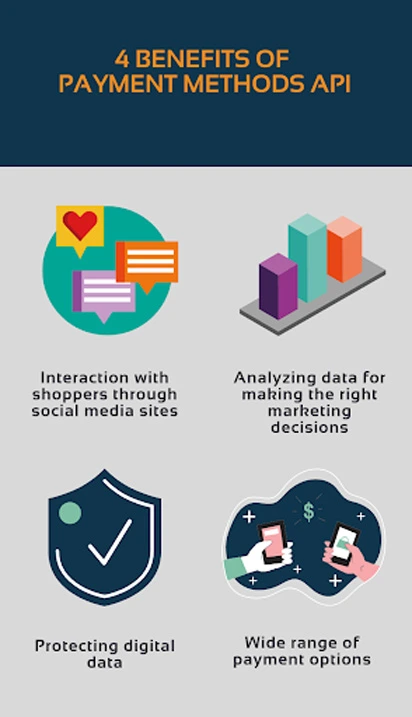How to make payments secure enough and convenient for users in mobile shopping


The growing role of the mobile commerce industry is a visible trend in today’s digital landscape. According to the statistics, 82% of American customers have used a mobile phone for shopping. Moreover, 35% of respondents tend to utilize only their mobile phones to buy online. In such a demand, it is crucial to enhance the safety of payments for customers and merchants. Yet, safety is still a pressing issue when it comes to online shopping. So how to protect against online breaches in security? What steps should be taken at the very beginning?
You’ve probably found yourself worrying about these parts, and it’s time to find the answers. This article will dwell on how a payment gateway works, consider security regulations for merchants, and the safest types of online payments.

Creating a payment gateway is the first tool for security breach prevention and reducing fraud within online stores. Payment gateway, designed for authorizing payments, is a third party for shoppers and merchants. Merchant service aims to take funds from clients and immediately send them to the bank accounts of merchants. And hence technology works just like a physical point-of-sale terminal, encrypting sensitive data and payment details. As a rule, it connects to online banking, e-commerce, or credit card processing networks. Let’s look at how a secure payment gateway usually operates:
Now you’ve found out more about how merchant gateway controls the acceptance of payments. So we can move to several tactics for ensuring the security level of payments.
Although a dedicated team of providers takes a massive part of the responsibility, safety has to remain your critical concern. So spotting risky transactions every now and then is a must. If you faced cyberattacks similar to each other, explore the pattern and learn how to recognize it quickly. Another highlight is educating your shoppers about the importance of VPNs. You can send a monthly newsletter to keep the clients well-informed.
Have you ever thought about integrating your databases and programs with cutting-edge mobile apps? If yes, let’s dive into exploring API (Application Programming Interface) and why API-based payment services are so beneficial nowadays.
API assists in continuous interaction between numerous applications. That is why businesses can use multiple cloud-based apps and get broad functionality. Every time you see a Google maps icon build into another website, it’s all achieved through APIs. Well, instead of using a hosted checkout page, you may integrate a payment gateway API.
In that case, shoppers don’t need to leave your website for payment processing. Payment APIs also bring several advantages to merchants, such as:

Dwolla, PayPal, and LevelUp are the most popular payment methods APIs, so that many customers will appreciate their flexibility. But as you can see, utilizing only one option isn’t profitable and convenient for large industrial purchases and retail shops’ mobile banking. Always keep your API simple and easy to figure out. An example of an up-to-date API design is RESTful, and it has become a kind of pattern used in web-based services.

Besides, to increase the level of safety, you can use SOP (Silent Order Post). If you don’t want to host your payment data on an external server, this solution may appeal to you. The payment form can be embedded on the check-out page with JavaScript. In such a case, it is hosted by the payment gateway. Silent order post methods help isolate sensitive information, as data are getting posted right to a third-party server.
PNN Soft is a team of professional programmers, software architects, and project managers who prefer to work with enthusiasm. We are experienced enough to offer our clients high-quality software development.
Although our company has been creating corporate solutions for 20 years, we are determined continuously to hone our skills. PNN Soft takes full advantage of Scrum and Agile methodologies to ensure constant communication with customers and build a flexible manufacturing process.
We have created more than 1000 efficient and stable web products for different industries, including mobile applications. We are determined to seek innovative solutions that meet individual companies’ needs. That is why we know which technologies spell success for your business.
Check out the portfolio for a better understanding of the web products we create.
If you want to create a mobile shopping app, fill in the form below.